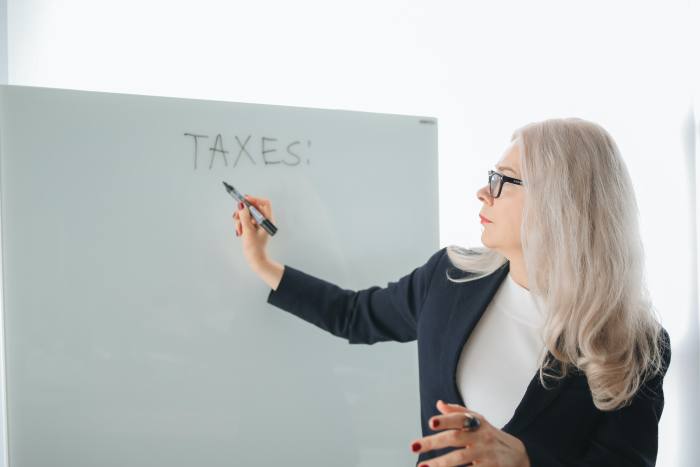
Women are most likely to be hit hardest by the money purchase annual allowance, which Legal & General Investment Management has described as a 'pension tax penalty'.
According to LGIM, the MPAA, which affects more than 25 per cent of retired Brits, could not only wipe out up to 90 per cent of the individual's taxable benefit - but it also disproportionately affects women.
The MPAA reduces the annual tax-free amount a saver can pay into their pension from £40,000 a year to just £4,000 – a penalty that kicks in if the saver withdraws more than the 25 per cent tax-free lump sum allowed from their pension at retirement age.
The current age for pension freedoms - the age at which one can access their workplace pension is 55 but rising to 57 in April 2028.
For this reason, many people across the financial services industry have called on the government to change the MPAA ahead of the Budget next week (October 27).
However, despite warnings from companies such as LGIM warning about the pension tax penalty, thousands of people still get caught out by it each year, and it is women who are hardest hit.
According to research by LGIM, 31 per cent of women in defined contribution pension schemes are affected negatively by the MPAA, compared to 22 per cent of men.
This is because they are unaware taking more than the tax-free cash from their pensions at retirement age means that, should they continue to pay into their pension from age 55, they will get hit by the MPAA.
Rita Butler-Jones, co-head of DC at LGIM, said: “The option to take a tax-free cash lump sum from a pension is probably the best-known perk, yet so many savers admit that they would make different choices when given more information.
"In fact, our data shows that women in particular have a greater response rate when communicated to by pension providers so there is a clear desire and willingness to make better-informed choices.
“However, too often we see women are left worse off financially as a result of the stark gender pensions and pay gaps and this imbalance continues through poor choices as they move into retirement."
She added financial services needed to do more to "educate and inform" members of all the options that are available to them, so they can make the right financial decisions for their future.
LGIM's research, carried out among 1,526 members of UK DC pension schemes who were aged 50 or older, found 56 per cent had never heard of the MPAA.
After explaining the concept, 27 per cent said it would affect them.
Women were more likely to be hit by the penalty, particularly as 33 per cent of women are more likely to withdraw their tax-free cash at 55, compared with 22 per cent of men. Women, who already tend to have smaller pension pots, are most at risk if they take out their cash lump sum.





